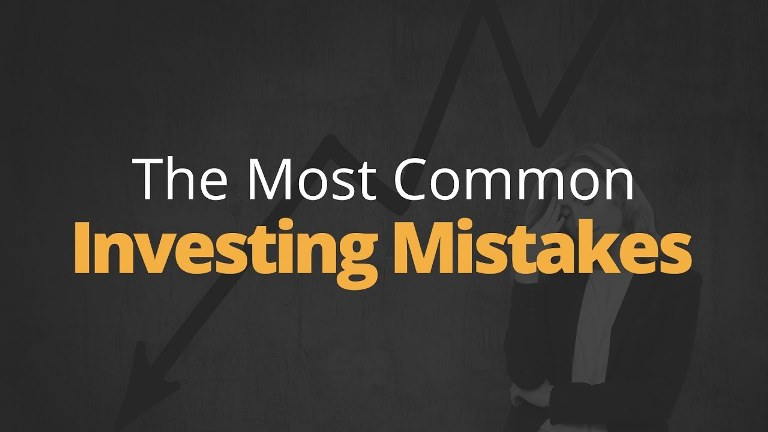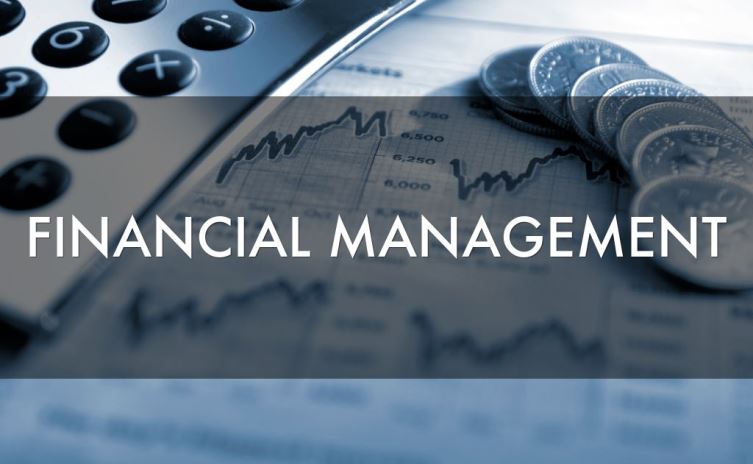1. Compound Interest
This formula is often used to calculate the returns some investment has given. The main concept in compound interest is that interest gets accumulated with the total principal amount and that interest again earns interest over the years. Which makes it very powerful.

Formula : A = P * (1+r/t)^(nt)
Where,
P = principal amount (initial investment)
r = annual interest rate (as a decimal)
n = number of times the interest is compounded per year
t = number of years
A = amount after time t
Example 1 :
Investment = Rs.10,000
return = 9%
investment period = 8 years
Total amount = 10000(1+.09)^8 = 19925.63
Example 2 :
Sensex returned 17.3% return over 29 years since its inception in 1979. What would be worth of Rs 10,000 invested that time.
A = 10,000 * (1+.173)^29 = 1022450.64 (10 lacs)
You can see that a small amount has actually grown to 100 times.
Compound interest Calculator :
https://math.about.com/library/blcompoundinterest.htm
2. CAGR
This tool is very important because it helps in comparing two differnt returns from two investments, you can calculate how much an investment has returned per year on compounded basis, Its just the opposite of Compound interest
Formula : CAGR = (A/P)1/n – 1
where:
A = Final amount
P = amount invested
n = Number of years
CAGR can be a great tool to compare two different investments and there returns.
Example :
A. 10,000 invested in a XYZ mutual fund for 2 yrs became 20,000
B. 50,000 invested in GOLD for 7 years became 4,00,000
Which investment has given more returns?
Here the main doubt is that how to calculate which one is better .. the amount, tenure is different. So in this case we calculate and see CAGR, one with more CAGR will be good.
A) CAGR = 41.42 %
B) CAGR = 34.59 %
So, investment in A is better than B. Which is –
CAGR calculator :
https://www.moneychimp.com/calculator/discount_rate_calculator.htm
3. Annuity
This formula is very very important one, in our daily life we come across many situation where we do a fixed payment at the fixed interval, and we want to calculate the returns, but we don’t know how to do it .. Example can be
- Monthly payments in Mutual funds through SIP
- Yearly payment in a PPF.
Or any investment at a fixed inteval over some years. In that case we calculate the Final value using formula called Annuity.
Formula : A = P * [{(1+i)^n – 1 }/i] * (1+i) (if payment are being made at the start)
(it will be P * [{(1+i)^n – 1 }/i] if payments are made at the end of the year)
Where :
A = final amount
P = installment each time
n = total number of installments
i = interest rate for that tenure (example if yearly return is 24%, but payments are made monthly then i = 24/12 = 2%)
Example 1 :
Robert invests 10,000 each month in a mutual fund for 10 years and the annual return was 18%, what will be his final corpus?
Here as payments are monthly, total payment will be 10 * 12 = 120
so n = 120 and i = 1.5 % (18/12)
A = 10,000 * [{(1+ .015)^120 – 1}/.015 ] * (1+ .015) => 40,39.241 (40 lacs)
Example 2 :
Vikas is planning his retirement, and planning to invest 5,000 per month in a Mutual fund for 20 yrs where he expects a return of 15%, then take out all the amount after 20 yrs and then put it in a FD for 15 yrs which gives him 9.5% return.
Here, we there are two parts
A. He makes monthly payment for 20 yrs (here we have to apply annuity)
B. then he takes the money out after 20 yrs and then put it in FD for 15 yrs (as this is one time payment, here we will apply compound interest)
A ) n = 240 and i = 1.25% (as the payment are monthly)
His money after 20 years = [5,000 * (1 + .0125)^240 – 1) / .0125] * ( 1.0125) = 75,80,000 (75 lacs)
Now he invests this money into a FD for 15 yrs at 9.5%.
B) Final amount = 75,80,000 * (1.095)^15 = 2,95,00,000 (2.95 crores OR 29.5 millions)
So his final corpus will be 2.95 crores.


